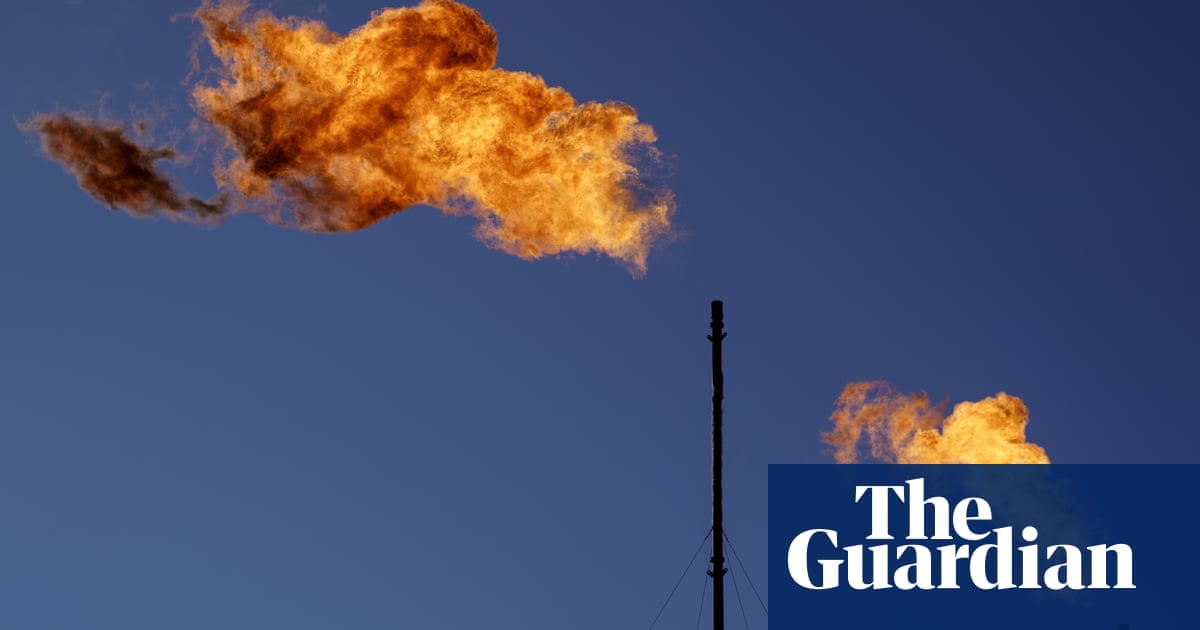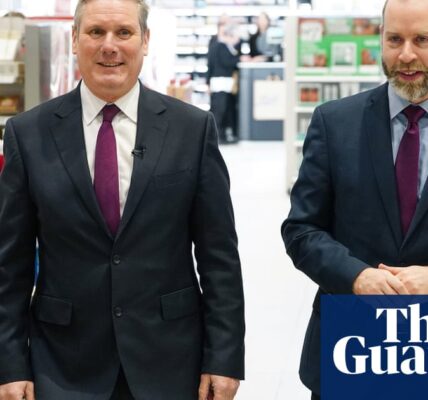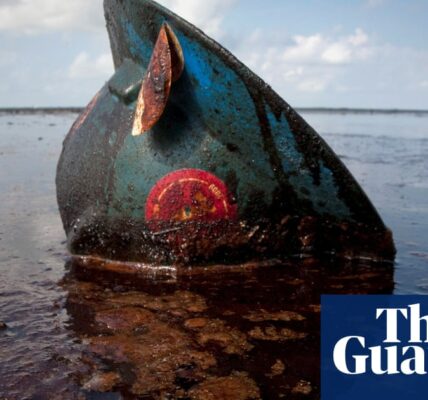The European Union has approved a measure to reduce methane emissions from the fossil fuel sector.

The European Union has reached an agreement that will require the fossil fuel sector to reduce harmful methane emissions.
According to the new legislation, which is the first of its kind, companies that deal with coal, oil, and gas will be obligated to disclose their methane emissions and implement strategies to prevent them. These measures involve detecting and repairing leaks, as well as reducing wasteful practices like releasing and burning gas by the year 2027.
Jutta Paulus, a German MEP with the Green grouping who worked on the proposal, said: “Finally, the EU tackles the second most important greenhouse gas with ambitious measures. Less methane emissions mean more climate protection and more energy sovereignty.”
Methane has a higher global warming potential than carbon dioxide, with a factor of over 80 over a period of 20 years. However, it has a shorter lifespan in the atmosphere. Therefore, reducing methane emissions is considered a cost-effective and simple solution to mitigate the increasing intensity of extreme weather events in the near future.
The latest regulations from the EU, which were approved on Wednesday by both the European parliament and European Council, state that companies involved in fossil fuel production must promptly address any leaks within five days of discovery, and completely resolve them within a month. Beginning next year, operators will be required to assess their current sites and submit plans for identifying and resolving methane leaks.
The regulations will address imported fuels as well, potentially setting a higher standard for fossil fuel companies globally. A study by the environmental nonprofit organization Clean Air Task Force in the previous month revealed that implementing the same standards for foreign suppliers as domestic ones could result in a 30% decrease in global methane emissions from oil and gas.
Methane specialist Brandon Locke from the Clean Air Task Force expressed that the idea of implementing an import regulation was only a distant possibility just a year ago, making this development a significant advancement. Although a more rapid timeline for reducing emissions before 2030 would have been preferable, this agreement will still greatly contribute to reducing worldwide methane pollution.
Methane, a major contributor to global warming since the Industrial Revolution, escapes into the atmosphere from sources such as fossil fuel infrastructure, agricultural practices, and landfills. According to the International Energy Agency, over 75% of methane emissions from oil and gas operations and half of emissions from coal can be reduced using current technology, often at a low cost.
The campaign group Climate Action Network (Can) welcomed the monitoring and reporting measures in the EU’s new rules but said “the biggest loophole” was the timing. The European Commission will be tasked with determining a methodology for the maximum intensity of methane emissions by 2027, and the EU will apply it to imports by 2030.
According to Esther Bollendorff, a gas specialist at Can Europe, setting a methane intensity goal just three years after the regulation is implemented is insufficient and delayed, as emissions of methane from producers outside the EU could still pose a serious threat until 2030.
The latest regulations require EU countries to create a publicly available list of coalmines that have ceased operations or been abandoned within the past 70 years. They must also monitor methane emissions from these sites. Operators will be required to stop releasing and burning gases in active mines, and this will be prohibited in closed mines starting in 2030.
According to Sabina Assan, an expert on methane at the sustainable energy organization Ember, this regulation is groundbreaking for coalmines as it focuses on closely monitoring, reporting, and reducing methane emissions from both active and abandoned mines. However, she notes that the measures for reducing emissions may not be as ambitious as desired.
Governments are now giving greater consideration to methane emissions, which have not been subject to regulation in many parts of the world. Following the Cop26 summit on climate change in Glasgow two years ago, 149 countries and the European Union have committed to lowering global methane emissions by at least 30% compared to 2020 levels by 2030.
China, which did not sign the pledge, published a methane action plan last week that did not include an overall target or date. On Tuesday, the US and China said in a joint statement they would include methane reduction targets in their next climate action plans.
The climate summit, known as Cop28, will commence in the United Arab Emirates in a little over two weeks.
According to Flavia Sollazzo, a specialist in energy from the nonprofit organization Environmental Defense Fund in the United States, the EU is sending a strong message that it takes climate responsibility seriously and is willing to use its influence as the world’s top purchaser of natural gas to support efforts in reducing global methane emissions. This message is especially relevant as Cop28 approaches.
The International Association of Oil and Gas Producers announced that it is anticipating the complete agreement text, but expressed concerns about certain problematic clauses. These concerns involve limitations on the use of technology, such as drones, for monitoring methane emissions, as well as a demand to measure subsea emissions, which is currently not achievable with existing technology.
“Our industry continues to endorse an EU methane regulation that is reasonable, effective, and feasible. From the current information we have gathered on the agreement, it appears to be a combination of both positive and uncertain aspects that require further clarification.”
The statement mentioned that the regulations could have wide-ranging effects on the oil and gas industry, potentially resulting in closures or being penalized for non-compliance with certain rules: “This situation is not ideal in terms of ensuring a stable supply and maintaining competitiveness, especially given the current circumstances.”
Source: theguardian.com



